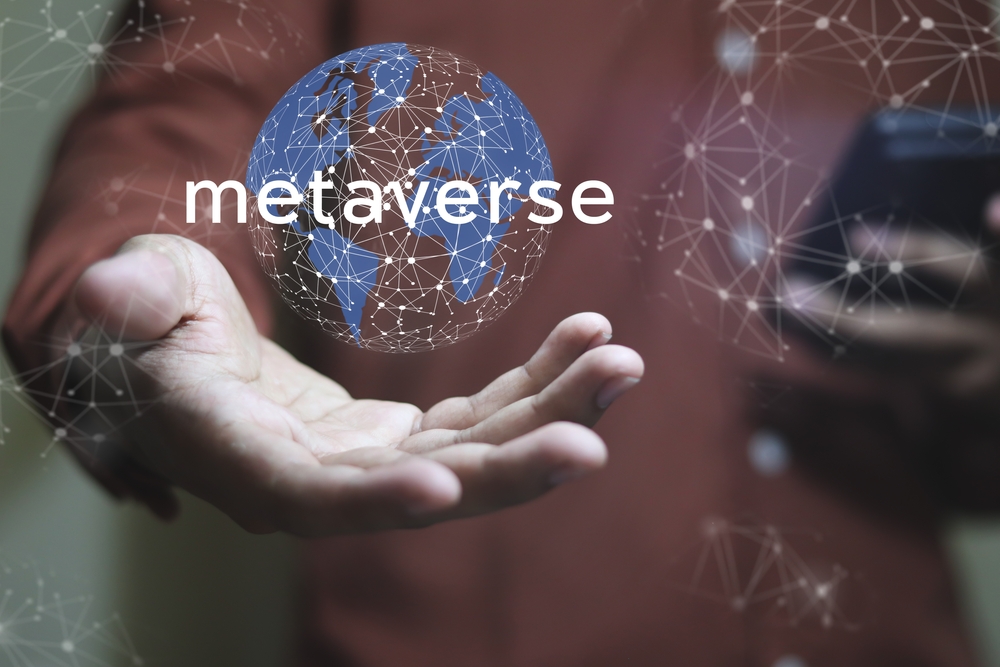Nearly half of respondents in the survey by Boooking.com admitted virtual reality inspires their 2023 travel choices. The survey that attracted 24179 respondents from 32 countries revealed that 43% confessed to relying on virtual reality to choose their preferred destinations in 2023.
Metaverse Reliability
The survey administered by Booking.com affirmed the increased reliability of the metaverse sub-crypto ecosystem in assisting travellers in deciding on their destinations. The respondents lauded Metaverse input in virtual reality as countries renegade from the Covid-induced restrictions against foreigners’ entry into their borders.
The online travel agency surveyed respondents from nations where citizens demonstrated interest in exploring their destination itinerary virtually. The survey showed that Generation Z was likely to utilize metaverse for their travel experiences at 45% preceding 43% of the millennials surveyed.
Preference for Virtual Reality
Booking.com reported that 43% of the survey’s participants indicated their willingness to utilize virtual reality to reach their travel choices. Further, the travel agency observed that 4574 respondents would only consider new destinations guided by the virtual experience.
The survey pointed out that 35% of participants admitted spending several days in the metaverse to familiarize themselves with destinations that have proved popular. Booking.com noted that most respondents lauded support technologies, including haptic feedback. In particular, respondents believed it allowed them to experience the sandy beaches virtually.
Nevertheless, an estimated 60% of the participants admitted the inadequacy of the metaverse in delivering an experience that matches in-person encounters. The participants identified São Paulo (Brazil). And Pondicherry (India) is the lead destination, closely followed by Hobart (Australia) and Bolzano (Italy).
US Companies’ Interests in Metaverse
Elsewhere, American tech giants Meta and Microsoft Corp. have indicated increased interest in venturing into metaverse space. However, Microsoft encountered hindrances as the US Federal Trade Commission (FTC) expressed reservations about the Activision Blizzard takeover.
The $69B was projected by Microsoft chief executive Satya Nadella as a gateway to metaverse platforms. FTC cited the acquisition deal as portraying anticompetitive business practices that would yield dominance in the consoles games segment. Despite assurance from Microsoft, FTC illustrated previous violation by Microsoft after the ZeniMax takeover, where Starfield and Redfall became exclusive despite their popularity in rivals’ platforms.
